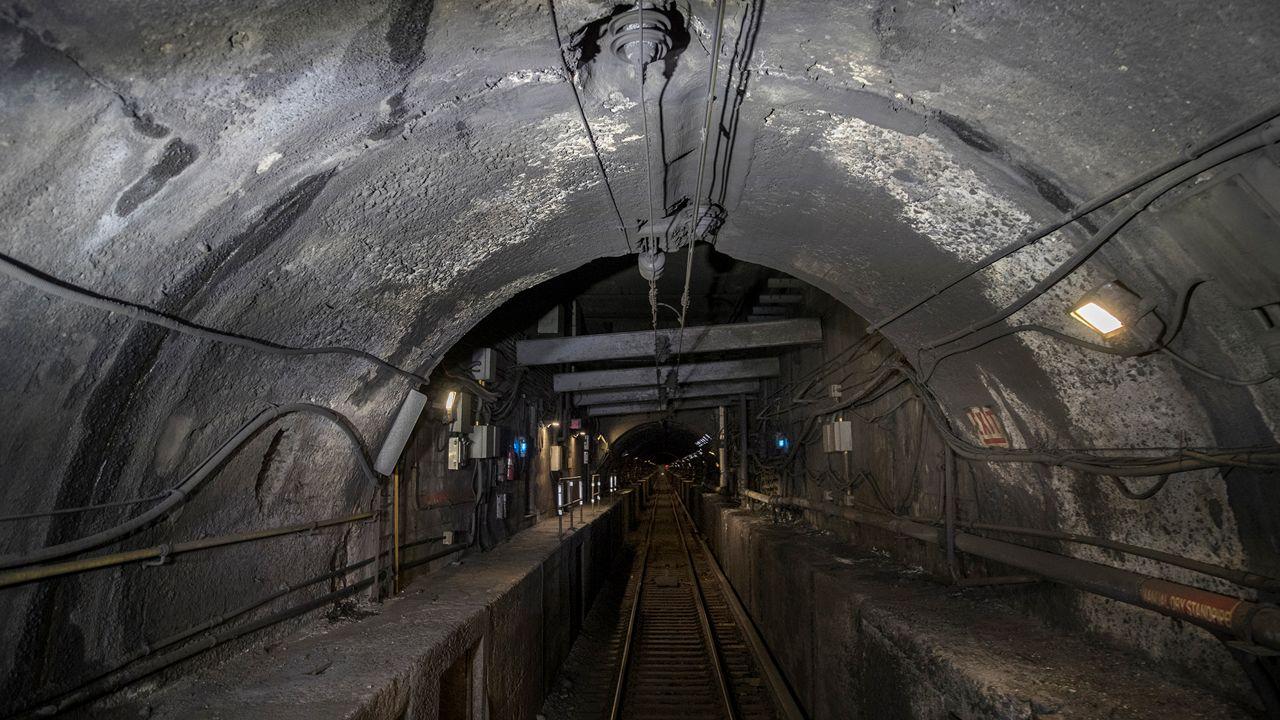Africa-Press – Lesotho. The Board of Directors of the African Development Bank (ADB) has approved a loan to the tune of US$86.72 million (about M1.29 bilion) to co-finance the second phase of the Lesotho Highlands Water Project (LHWP).
ADB’s mandate is to spur sustainable economic development and social progress in its regional member countries, thus contributing to poverty reduction. The multi-phase project will provide water to the Gauteng region of South Africa and generate hydroelectricity for Lesotho.
The project entails harnessing water from the Senqu/Orange River in the Lesotho highlands by constructing a series of dams for the mutual benefit of the two countries.
“The two governments’ partnership on this project around shared water resources from the Orange-Senqu River Basin serves the interests of their mutual development agenda and also deepens regional integration,” said Dr Beth Dunford, the African Development Bank Vice President for Agriculture, Human and Social Development.
The Trans-Caledon Tunnel Authority, a state-owned entity in South Africa charged with financing and implementing bulk raw water infrastructure projects, will use the funds to construct the Polihali Dam and reservoir, a 38-kilometre-long water transfer tunnel, roads and bridges, telecommunications infrastructure and to extend electricity and other development infrastructure to Lesotho.
The new construction will complement facilities built during the project’s first phase. The Lesotho Highlands Development Authority (LHDA) will implement the part of the project that falls within Lesotho’s borders.
“The intervention will be the first major project to be financed by the Bank in the water sector in South Africa and will complement the Bank’s current support in the energy and transport sector, diversify the Bank’s portfolio and consolidate its strong partnership with the country,” Dr Dunford added.
Once completed, the project is expected to boost transfer capacity between Lesotho and South Africa to 1 260 million cubic metres per year, up from the current 780 million cubic metres per year, as well as enable additional generation of hydroelectric power in Lesotho.
Expected project benefits include greater water security in South Africa’s Gauteng region and a boost to Lesotho’s socio-economic development due to infrastructure improvement and increased hydropower capacity.
These developments are expected to positively impact 26 million people in South Africa and boost a region that accounts for 60 percent of the country’s economic output.
In Lesotho, the project will benefit more than 85 000 people in the project area, and create more than 6 000 jobs over the next six years. Lesotho’s economy will also receive a boost from the increase in royalty payments it receives for water transfers.
The project, whose total cost is US$2.171 billion, is also receiving financing US$213.68 million in loans from the Shanghai-based New Development Bank.
The South African government will contribute US$1.871 billion as well as a loan guarantee. The first phase of the project was completed in 2003 and inaugurated in 2004.
For More News And Analysis About Lesotho Follow Africa-Press






